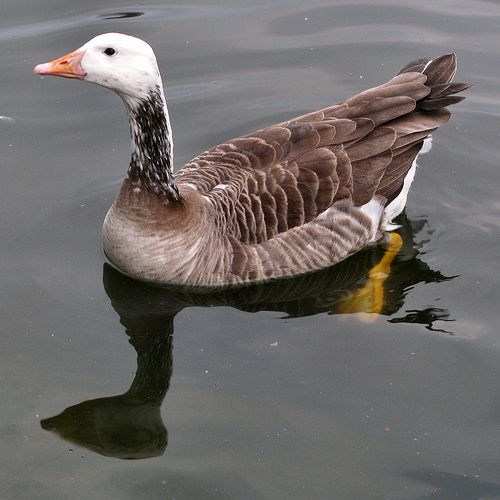-
 Phylogeny
Phylogeny
-
 fMRI
fMRI
-
 Argilite
Argilite
-
 Electric field
Electric field
-
 Intranet
Intranet
-
 Mammography
Mammography
-
 Quaoar
Quaoar
-
 Glycogen
Glycogen
-
 Thrust
Thrust
-
 Virtual universe
Virtual universe
-
 Holocene
Holocene
-
 Hypertrichosis
Hypertrichosis
-
 Surfactant
Surfactant
-
 Mullerian mimicry
Mullerian mimicry
-
 Antispastic agent
Antispastic agent
-
 Mars
Mars
-
 Buccal
Buccal
-
 Star
Star
-
 Incandescence
Incandescence
-
 Monospecific
Monospecific
-
 Allopathy
Allopathy
-
 Stockholm Conference
Stockholm Conference
-
 Antarctic
Antarctic
-
 Spawn
Spawn
-
 Myeloid
Myeloid
-
 Common hornbeam
Common hornbeam
-
 Epidemic
Epidemic
-
 PSA
PSA
-
 antiarrhythmics
antiarrhythmics
-
 Tuff
Tuff
Genetic pollution
Genetic pollution is the introduction of foreign or modified genes by human beings into a wild genome.
These genes can come from domestic species, exotic species, or genetically modified organisms (GMO). The genes may be transmitted in the environment by reproduction producing a hybrid or by direct incorporation into an organism's genome. The latter mechanism of transmission is common for viruses and bacteria to a lesser extent it also occurs in multicellular eukaryotes.
Genetic pollution poses two problems. Firstly, it changes the genome of species that are adapted to their environment, which may adversely affect their evolutionary advantages and disturb ecosystems.
Secondly, they carry a risk of genetic weakening with transmission of negative evolutionary features or even genetic diseases.
This is particularly true in the case of hybridisation with domestic species selected for a specific purpose and separated from the environment. If they are fertile, these hybrids will then transmit genes which are a disadvantage in an evolutionary environment.
 Hybrid of a domestic goose (Anser anser) and a Canada goose (Branta canadensis). © Yersinia CC by-nc-sa 2.0
Hybrid of a domestic goose (Anser anser) and a Canada goose (Branta canadensis). © Yersinia CC by-nc-sa 2.0
Latest
Fill out my online form.



